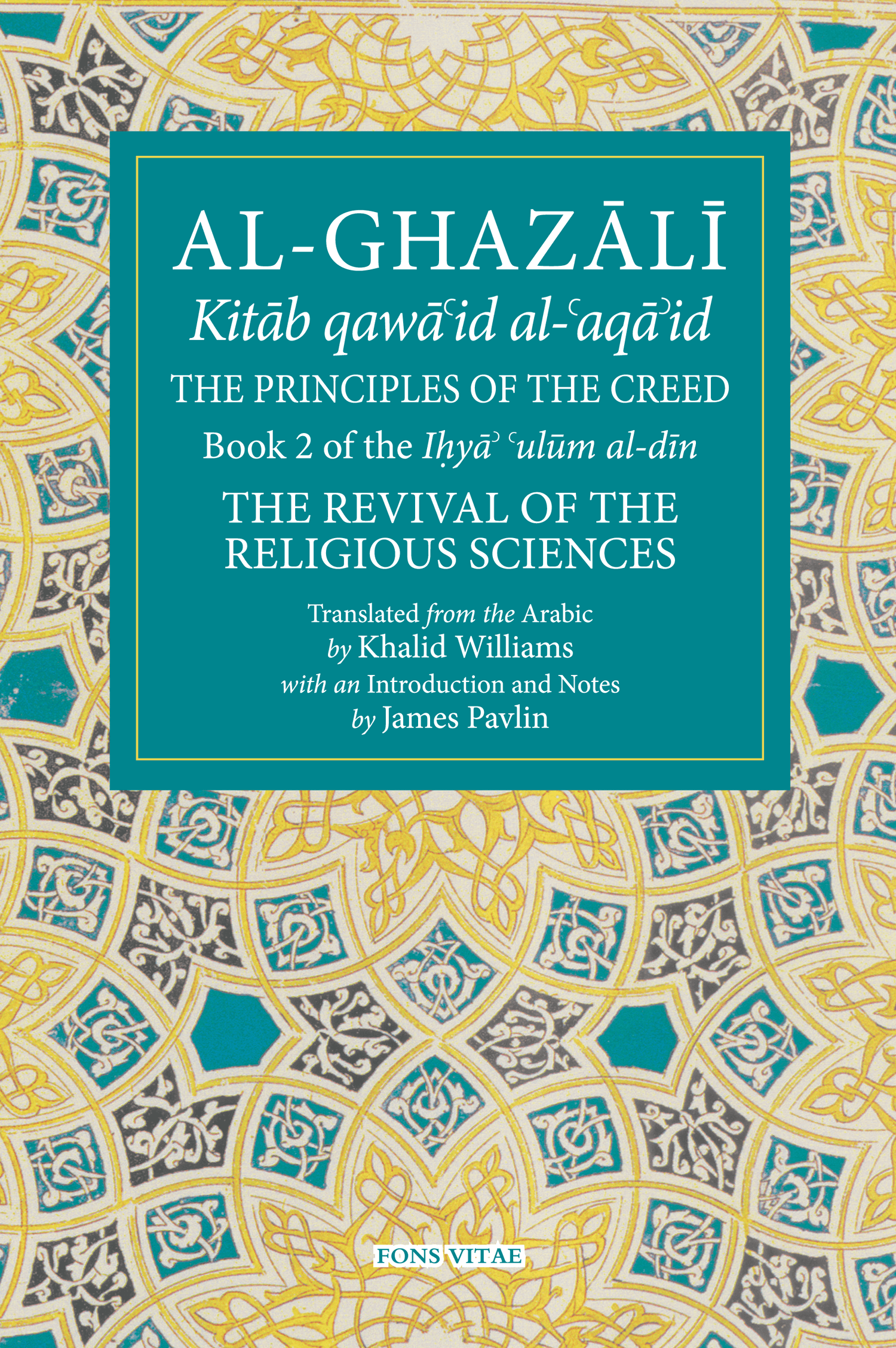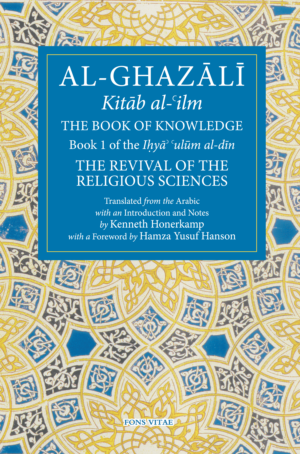The Principles of the Creed
In the Principles of the Creed, (Kitab qawaid al-aqaid) second of the forty books of the Revival of the Religious Sciences(Ihya’ ulum al-din), Abu Hamid al-Ghazali explains the fundamental beliefs of Islam, those that concern faith in God, His revelation, His messengers, and the hereafter. The scope of these beliefs includes the nature of God, Muhammad’s status as a prophet, the virtues of the Companions, the events related to the resurrection and judgment, and the nature of faith itself. This presentation of beliefs goes beyond a list of creedal statements; al-Ghazali cites the scriptural foundations in the Quran and hadith, refers to transmitted reports from the Companions and others from the righteous predecessors, and supports these beliefs with rational arguments.
- ePDF, ePUB, MOBI, Paperback
- 9781941610169
- 136

